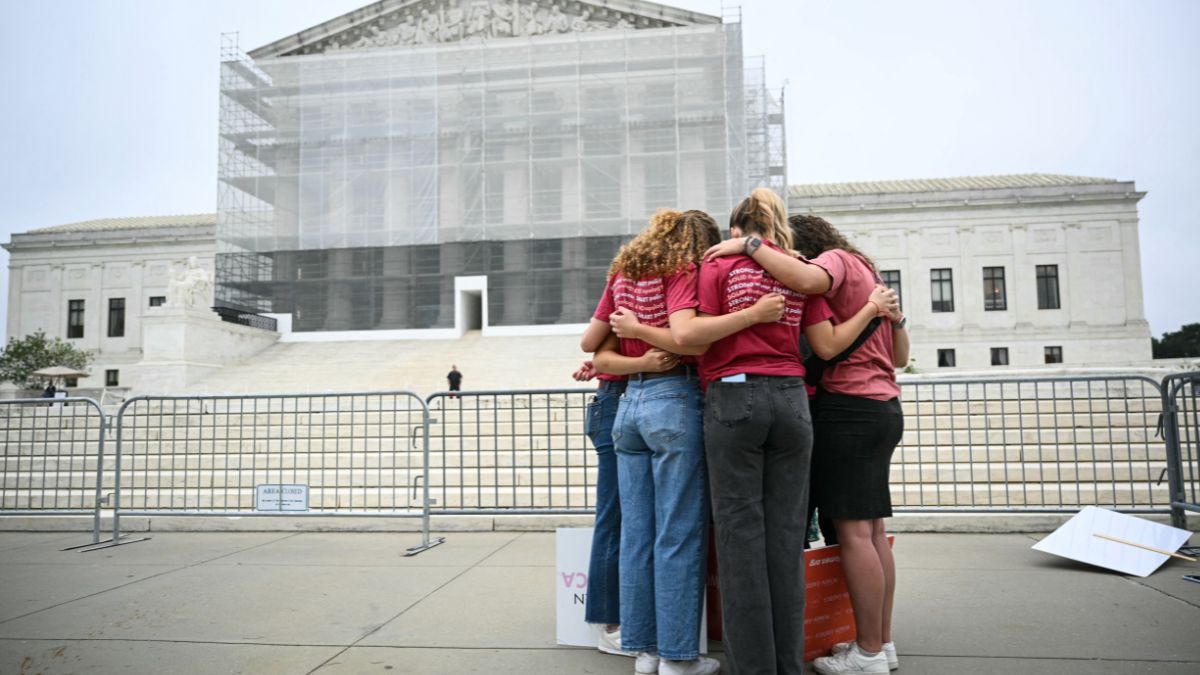The US Supreme Court allowed the partial implementation of President Donald Trump’s executive order aimed at limiting birthright citizenship, The Hill reported.
In a 6-3 ruling stemming from Trump’s bid to end birthright citizenship, the court said nationwide injunctions issued by lower court judges “likely exceed the equitable authority that Congress has granted to federal courts.”
The ruling, split along ideological lines did not weigh in on the order’s constitutionality but significantly limited the reach of federal judges to block presidential policies nationwide.
The court held that sweeping nationwide injunctions issued by lower courts which had previously blocked Trump’s order “likely exceed the equitable authority that Congress has granted to federal courts.” This paves the way for the executive order to be enforced in regions where such injunctions are not currently in place.
Trump signed the controversial order shortly after taking office on January 20, seeking to end the automatic granting of US citizenship to children born on American soil to undocumented immigrant mothers. The policy marked a sharp departure from the long-standing interpretation of the 14th Amendment, which has guaranteed birthright citizenship since its ratification in 1868.
The executive order was swiftly challenged in court, prompting federal judges in Maryland, Massachusetts, and Washington to block its enforcement, citing constitutional concerns. Legal scholars and civil rights groups have argued that the president lacks the unilateral authority to override constitutional provisions or established law through executive action.
Impact Shorts
More ShortsAlthough the Supreme Court’s ruling permits limited enforcement of the order, it stops short of making a final judgment on whether the measure is constitutional. The broader legal battle over birthright citizenship and the limits of executive power is expected to continue.


)

)
)
)
)
)
)
)
)



